LENA (Language ENvironment Analysis) is a national nonprofit on a mission to transform early childhood education.
⬤
LENA Grow
offers evidence-based professional development for early childhood educators.
⬤
LENA Start
builds school readiness and strengthens families with parent-group classes.
⬤
LENA SP
offers reliable, detailed language environment data in research and clinical applications.
In Mississippi, LENA has reached 1.9k children and 400 early childhood educators since 2019, and LENA technology has recorded more than 2.3 million conversational turns.
LENA has crosswalks with Head Start, CLASS, The Pyramid Model, ZERO TO THREE, and more!
Whether you're with a school district, CCR&R, state agency, library, university-community partnership, public health initiative, or any other organization dedicated to improving early childhood outcomes, we want to help you put your organization on the LENA map.
Partner success stories and research findings in Mississippi and beyond.
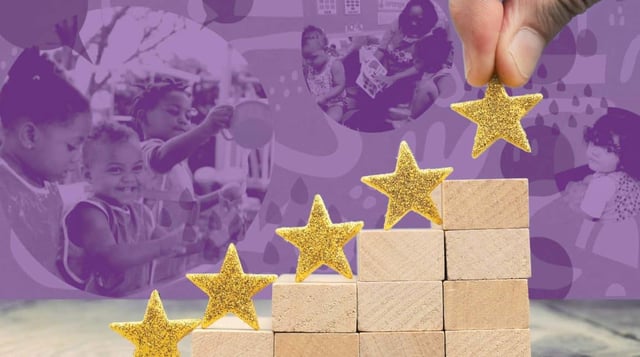
Approximately one in four children experiences very little adult-child interaction, even within classrooms at centers that have achieved the highest QRIS rating possible.
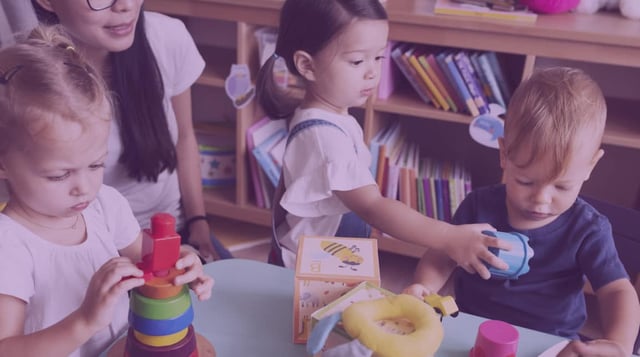
We had the privilege of hosting a webinar featuring our partners in Mississippi to learn how they implemented LENA Grow at a statewide level. Here, we answer common questions that arose during the webinar.
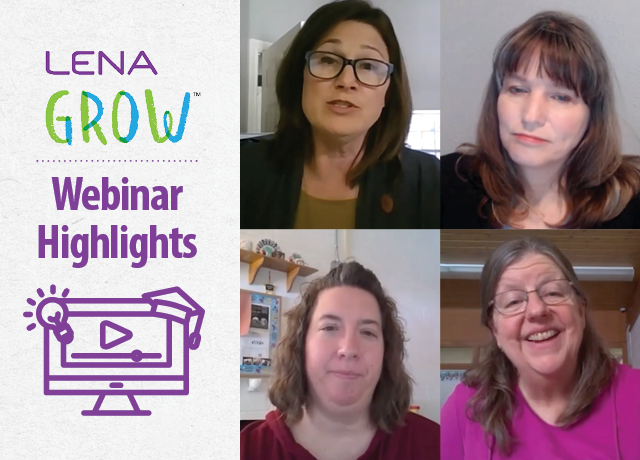
Highlights from a webinar where we hear directly from a teacher, coach, and administrator using LENA Grow.
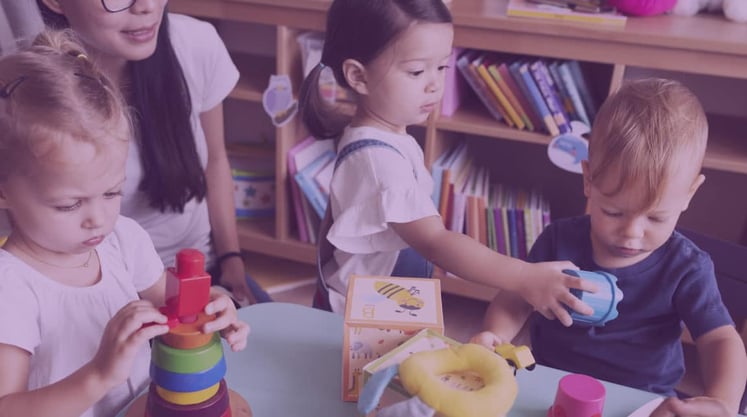
Mississippi is piloting a systems-level approach to supporting Early Head Start/Head Start providers in order to meet their school readiness goals. Learn how they’re rolling out job-embedded professional development designed to increase the quality of caregiver-child engagement.
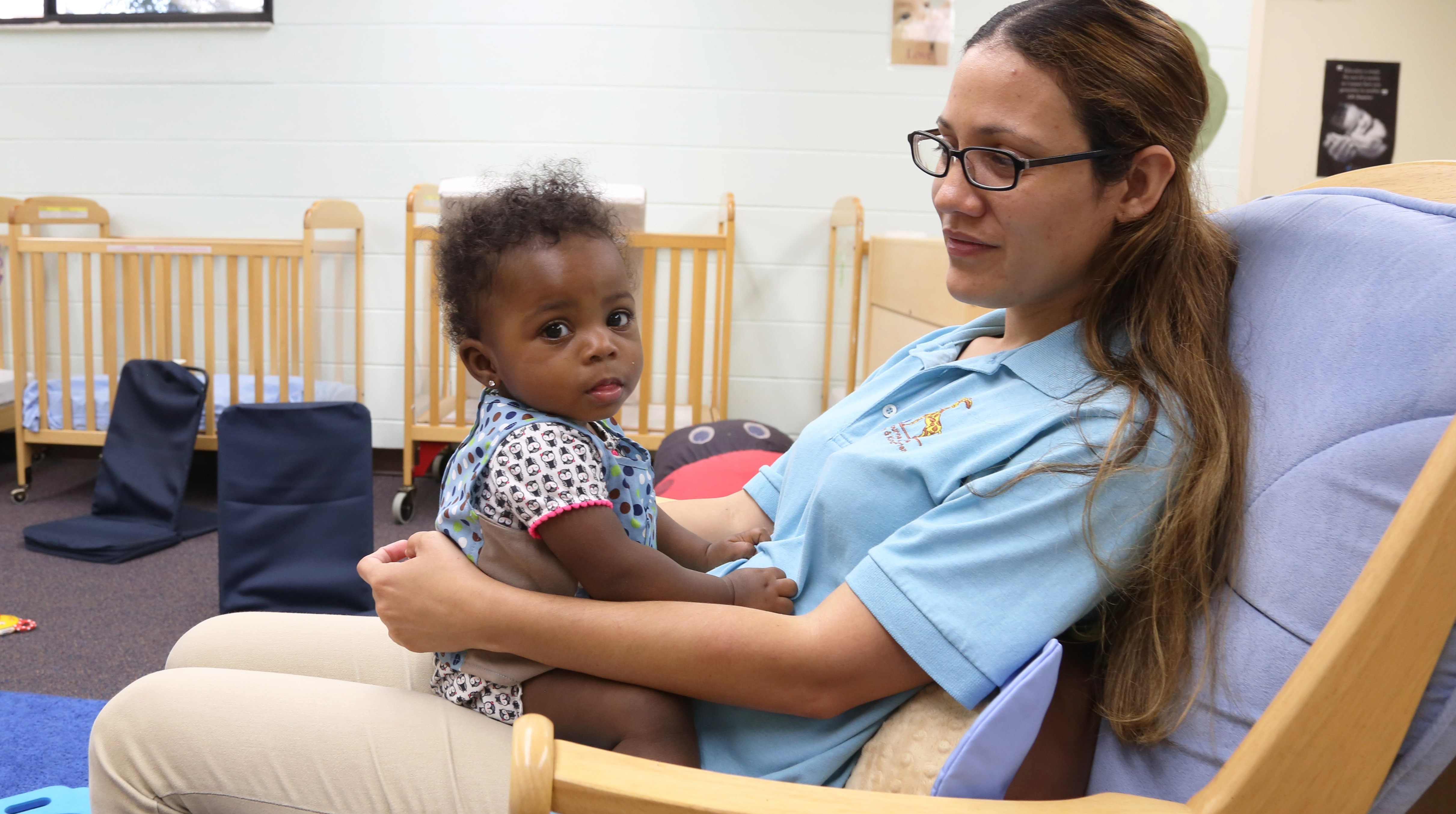
Many previous studies have drawn connections between the quantity of back-and-forth interactions in early childhood and later linguistic and cognitive skills. Importantly, newly published research conducted in Chile has taken a novel direction, determining that infants’ language environments predict their socioemotional skills one year later.
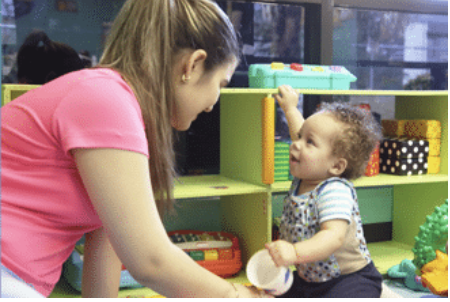
While we’ve long known about the importance of early adult-child interactions, a research focus on children’s language experiences in child care classrooms has been long overdue.